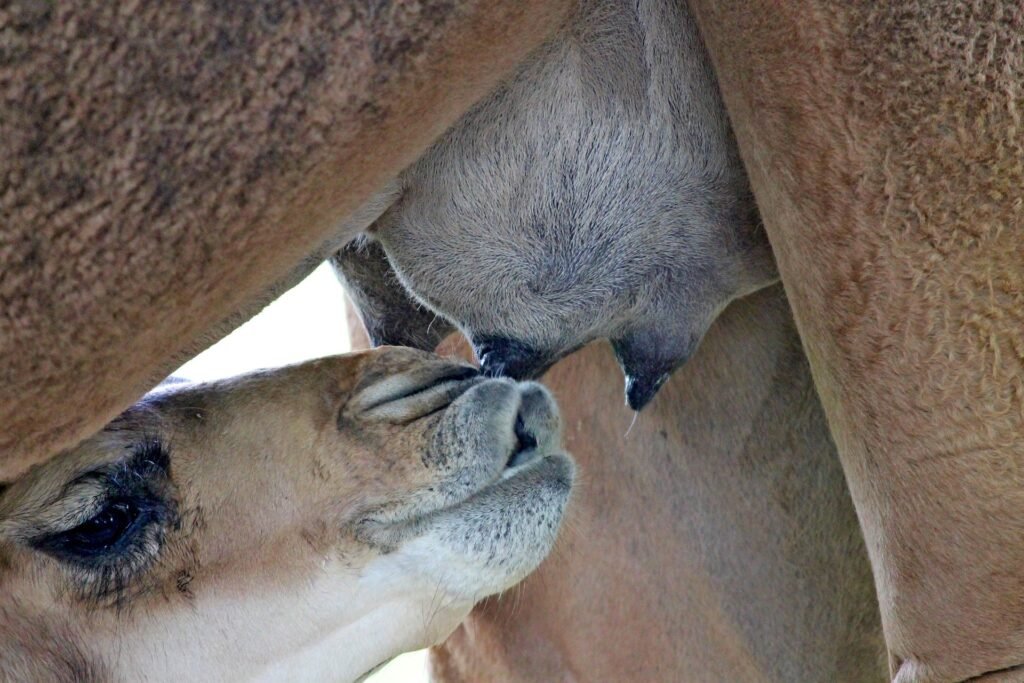Exploring the Top 5 Benefits of Camel Milk
For centuries, camel milk has been revered as a nutritional powerhouse and a staple in the diets of desert-dwelling communities across the globe. Renowned for its unique composition and a myriad of health benefits, camel milk has gained popularity as a superfood in recent years, captivating the attention of health-conscious consumers and researchers alike. In this comprehensive guide, we’ll delve into the remarkable benefits of camel milk, exploring its nutritional profile, therapeutic properties, and potential impact on health and well-being.
Nutritional Profile of Camel Milk:
Camel milk is a rich source of essential nutrients, vitamins, and minerals, making it a valuable addition to a balanced diet. A breakdown of its nutritional composition are stated below:
1. Protein: Camel milk contains high-quality proteins, including lactoferrin and immunoglobulins, which play crucial roles in supporting immune function and promoting overall health.
2. Fat: Unlike cow’s milk, camel milk has lower levels of saturated fats and higher levels of monounsaturated and polyunsaturated fats, including omega-3 and omega-6 fatty acids, which are beneficial for heart health and cognitive function.
3. Carbohydrates: Camel milk contains lactose, a type of sugar found in milk, which provides a source of energy and supports digestive health.
4. Vitamins and Minerals: Camel milk is rich in vitamins and minerals, including vitamin C, vitamin B, calcium, potassium, and iron, which are essential for various physiological functions and overall well-being.
Health Benefits of Camel Milk:
1. Digestive Health: Camel milk contains bioactive peptides and proteins that have been shown to possess antimicrobial and anti-inflammatory properties, which may help improve digestive health and alleviate symptoms of gastrointestinal disorders, such as irritable bowel syndrome (IBS) and inflammatory bowel disease (IBD).
2. Immune Support: The unique composition of camel milk, including its high levels of immunoglobulins and lactoferrin, can help boost immune function and protect against infections, allergies, and autoimmune diseases by enhancing the body’s natural defense mechanisms.
3. Managing Diabetes: Studies have shown that camel milk may have hypoglycemic effects, meaning it can help regulate blood sugar levels and improve insulin sensitivity, making it a potential therapeutic alternative for individuals with diabetes or insulin resistance.
4. Skin Health: The anti-inflammatory and antimicrobial properties of camel milk make it beneficial for promoting skin health and treating various dermatological conditions, such as eczema, psoriasis, acne, and wound healing.
5. Bone Health: Camel milk is a rich source of calcium and vitamin D, which are essential for bone health and preventing conditions like osteoporosis and fractures, particularly in postmenopausal women and elderly individuals.
Check out the Price Here: Camel Milk Powder
Cultural and Traditional Uses:
In many cultures, camel milk has been revered for its medicinal and nutritional properties for centuries. Nomadic communities in arid regions rely on camel milk as a primary source of sustenance, hydration, and energy, particularly during long journeys or periods of drought. In traditional medicine systems, such as Ayurveda and Unani, camel milk is used to treat various ailments, boost vitality, and promote overall well-being.
Camel milk is a nutritional powerhouse with a wide range of health benefits, from supporting digestive health and boosting immunity to managing diabetes and promoting skin health. Its unique composition, rich in proteins, fats, vitamins, and minerals, makes it a valuable addition to a balanced diet and a potential therapeutic option for various health conditions. Whether enjoyed fresh or incorporated into dairy products like cheese, yogurt, or ice cream, camel milk offers a flavorful and nutritious alternative to conventional dairy products, providing a glimpse into the rich cultural heritage and healing traditions of desert-dwelling communities around the world.


